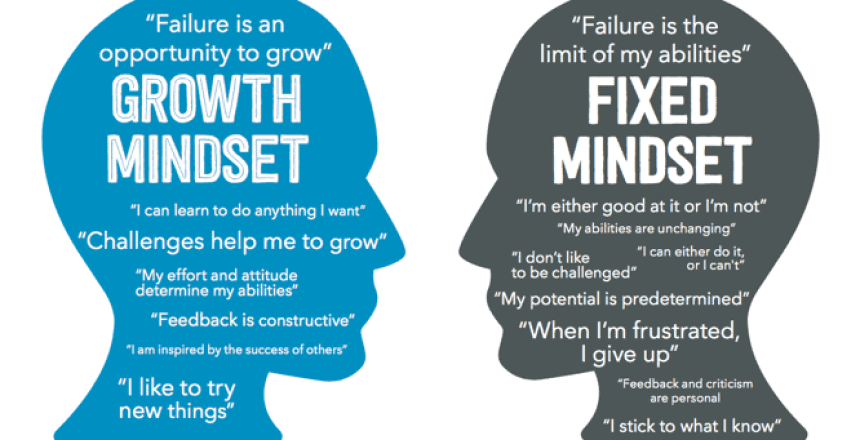By Shari Simon, June 24th, 2021
Our mind is instrumental in shaping our approach to life. The way we perceive our abilities, undertake certain activities and challenges or even interact with others stem from our mindset. We know our brain constantly evolves and adjusts to situations and changes, depending on our environment and how we socialize within different settings. These experiences create patterns of knowledge we use to develop our intelligence, which we act on to build a unique identity composed of personalities, behaviors, attitudes, talents and skills. Over time, we make choices based on our intelligence and decide whether to enhance it.
Thinking about “who am I?” and “what am I capable of doing?” indicates we each have a choice on how we ‘wire the brain’ with information and channel this information. Therefore, the way we act is based on our cognition. We can think about our talents and skills and how they affect us, approach work tasks to achieve results, erase old unhealthy habits to nurture and build new habits, and create accessible and comfortable spaces to share connections with others. It’s all about having a particular mindset, especially about life and seeking to use it for our advantage.
According to Carol Dweck, “you are in charge of your mind. You can help it grow by using it in the right way.” As humans, we are fickle creatures who constantly seek balance and significance for what we place high-regard and interest on. These are things we mentally prioritize that become how we view life. In her work, Dweck posited that people actually navigate life with either a fixed mindset or a growth mindset.
By having a growth mindset, there is a belief that possibility for a state to change exists all around and intelligence can be developed and improved through trial and error. Someone with a growth mindset exudes an ‘I can’ attitude. They understand that failure is a part of life and in order to develop one’s abilities and intelligence, it is important to embrace setbacks, learn from past mistakes, put effort and perseverance into overcoming challenges and seek out opportunities that builds potential, develops character and increases effort to use mindset as a motivation to continue learning.
Someone with a fixed mindset, believes that their intelligence and abilities are static and unchangeable. They perceive intelligence as inherent to their individual capabilities and what they are fortunate to know and understand; and think that it cannot be altered or improved by failed situations or challenges, often perceived as life lessons.
For ultimate success within the workplace and interpersonal settings, it is important to cultivate a growth mindset which encourages learning from opportunities that test character and builds knowledge, and creative abilities for improved performance, thought-processes and results-oriented actions. Instead of asserting “I’m not good at something,” say “I’ll get better overtime.” Believe and Embrace the Power of Growth!



